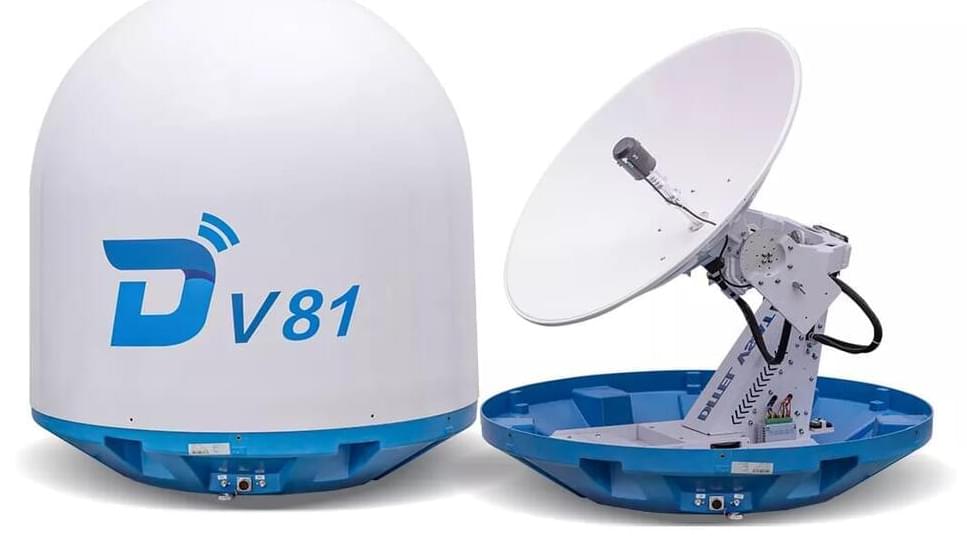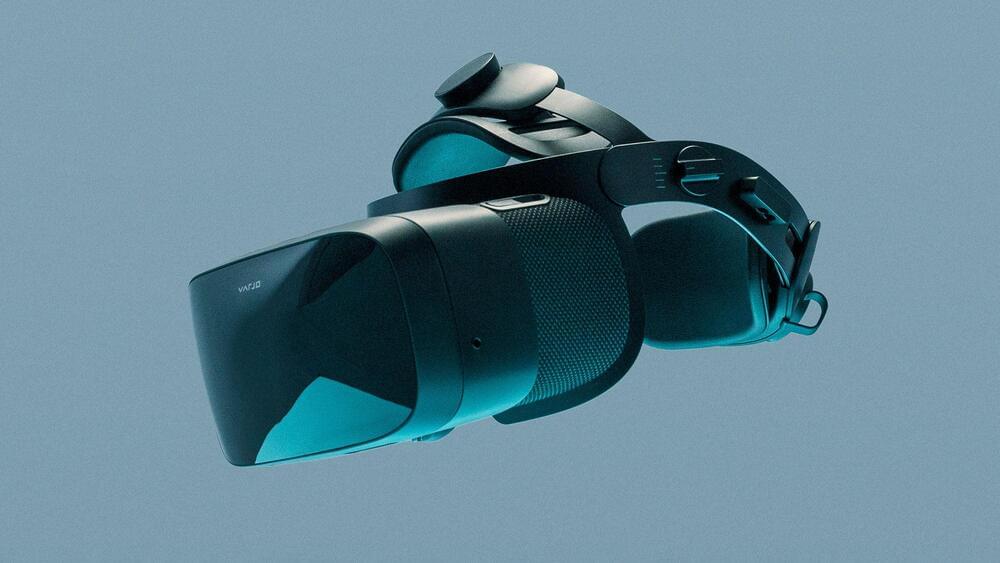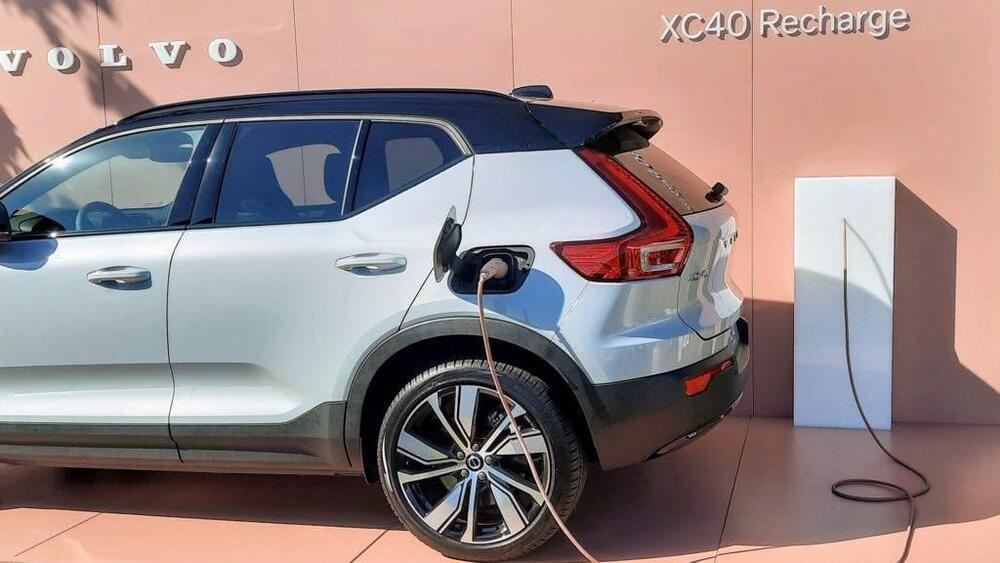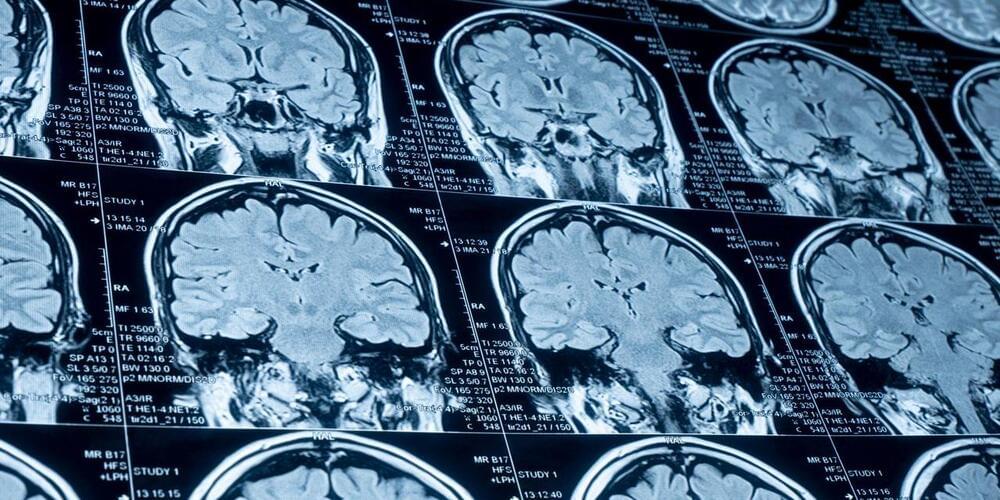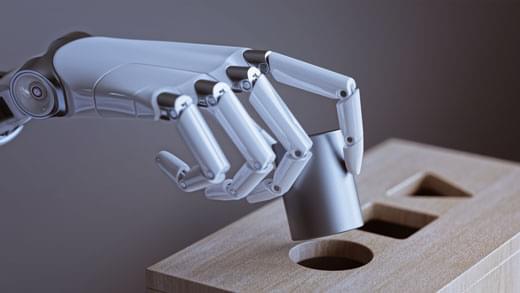Rolls-Royce today announced that its Spirit of Innovation aircraft has officially become the world’s fastest all-electric vehicle. The ambitious aircraft attempted the feat in November, giving the British company the confidence that it had set a new record. However, the firm had to wait until now to receive confirmation from aviation bodies.
The Spirit of Innovation program seeks to pioneer sustainable aviation by proving the capabilities of electric flight. Those behind the program are keen to enable a future of low-carbon air travel.
The plane first took off the Ministry of Defence’s Boscombe Down site in the English county of Wiltshire in September last year. A 400kW (500+hp) electric powertrain helped the aircraft on its way, a piece of equipment that is backed by what is dubbed the most power-dense battery pack ever put together for a plane.

